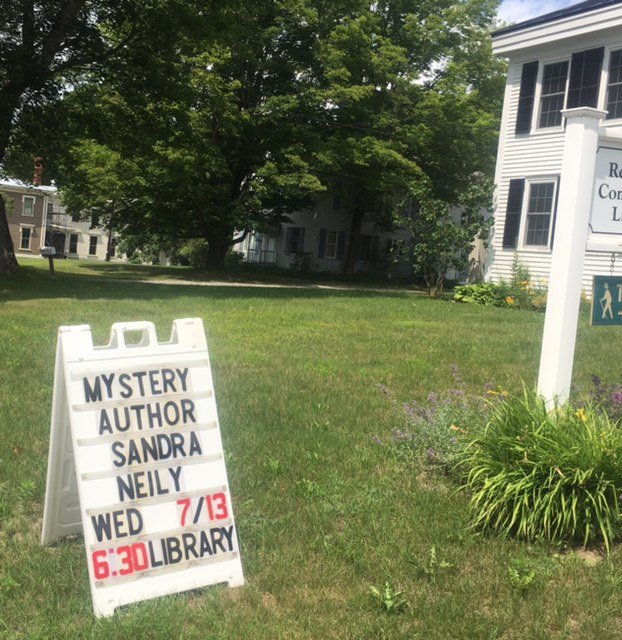Forty-Year-Old Clues to the Muse
/Recently, I unearthed a journal I kept long ago when I traveled alone with my dog Harry, across the country and into western states I wanted to explore. Today I think I was looking for clues to my author and my nature-writing self.
I’ve selected just a few bits here
********
Sept 12, 1977
I should have taken off in the early seventies after college. After those four years (1967-1971) of prime Paul Harvey material: drugs, co-ed living, demonstrations against the war, student rights marches, the women’s movement.
I’m fairly sure that little can be said of those years. At least not precisely as I feel language did not function well during those years. It’s the revenge of that inarticulate and thrashing space. No one can adequately explain the first time you rolled on the grass in a wind of Mescaline energy, or the night of snow and wind when your roommate was gone and you finally got to wake up shyly with your first lover, or the rage of that one picture of a girl kneeling over a dead boy, her mouth stretched in a Kent State silent scream.




